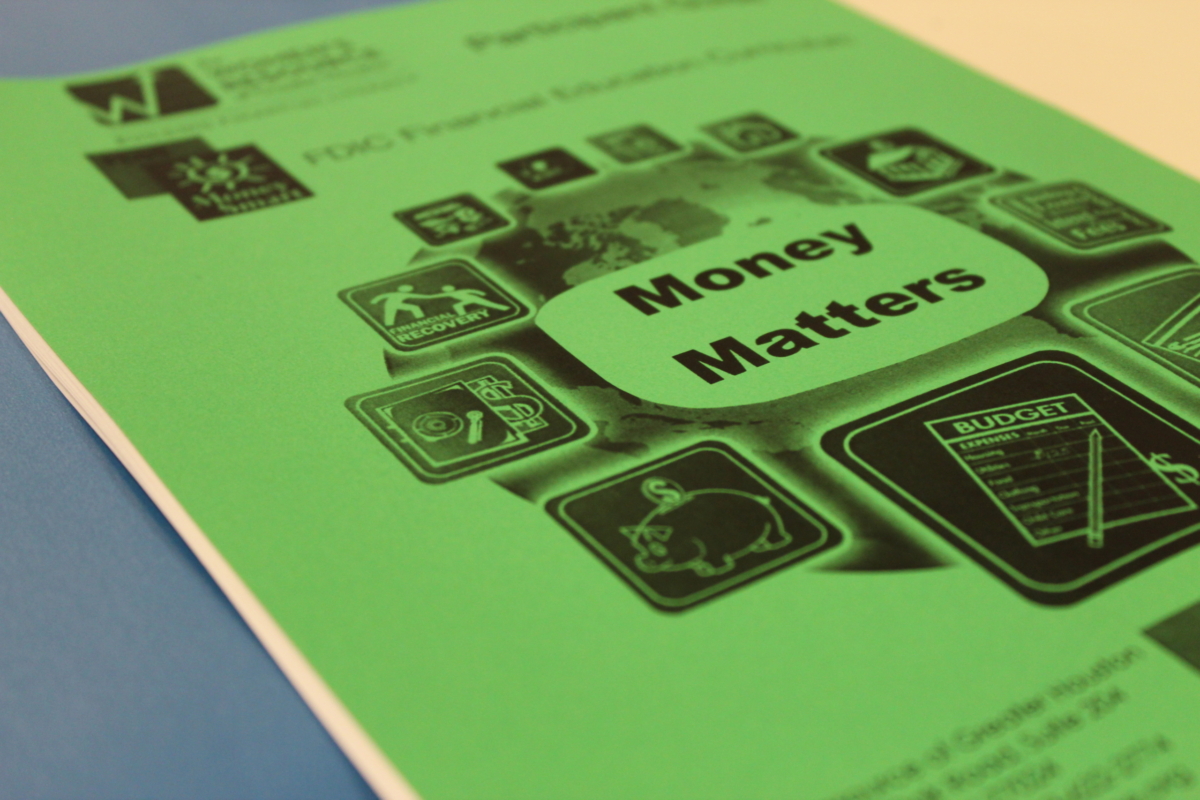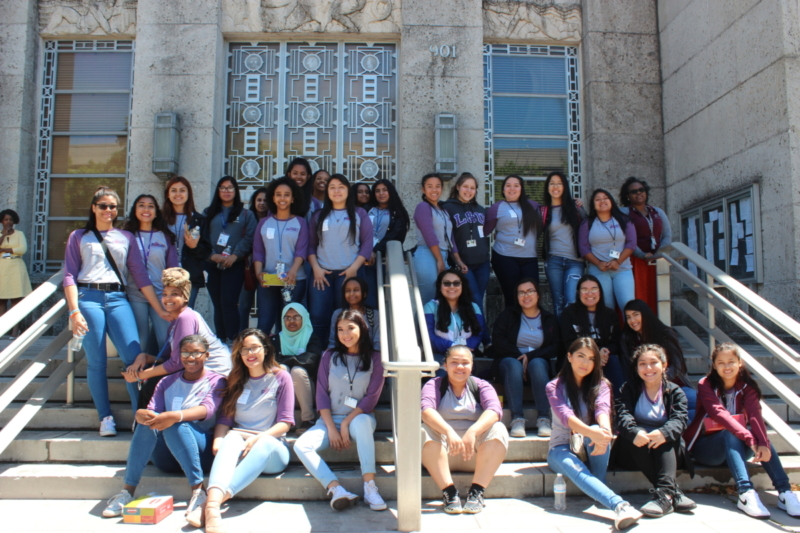Avoid Financial Regrets
By Claudia Mollerup-Madsen
A recent study commissioned by a charity coalition found that of those surveyed, half regretted focusing so much on financial matters in their lives at the cost of more meaningful endeavors. The good news is that you can be financially prepared for many situations in life without spending most of your time chasing money. By saving wisely, you can avoid the same regrets.
Start with a Budget
Without a budget, you are never entirely in control of your spending. Without being aware of how much money you have on hand or where you are spending it, you may feel that you are allocating more time than necessary to worrying about debt or struggling to save. By utilizing a budget, you can make smart choices about your money and may find it easier to save than you realized.
Save for Retirement
If you have not been saving for retirement, it may feel overwhelming at first. Try to start saving 10 percent of your income, but any is better than none. Putting aside a little money each month can make a big difference. Plus, the younger you are, the better. You will have time on your side to save more and benefit from compound interest, which is basically interest accrued on your savings’ interest.
If your employer offers a 401(k) plan, take advantage of it! This retirement savings plan allows you to save your money tax-free until it is time for you to use it for retirement. Some employers will also match your contribution. For example, if you put $1 into the plan, they will match that $1 with another $1, giving you $2. Employer matching is too good and crucial to pass up. Take advantage of this opportunity if presented to you.
If your company does not offer a 401(k), that is okay. You still have the option to save in a retirement account.
You may put your money into an Individual Retirement Account, or IRA. There are two options, a traditional IRA and a Roth IRA. There are differences between the two investment vehicles. One of the significant differences is when you are taxed. With a traditional IRA, you do not pay taxes on the money when you put it in the account but pay taxes when you withdraw. However, a Roth IRA is the opposite, and you will pay no taxes when you withdraw the money at retirement.
Emergency Fund
It is also essential to set up an emergency fund so that if unforeseen circumstances occur, you are not tapping your retirement or accumulating debt on your credit cards. An emergency is any situation that affects your health or capacity to earn money. The general rule of thumb is to have between three to six months savings into an emergency fund.[1]
To house your fund, find a vehicle that allows quick and easy access to the money.
However, do not make it so easy to tap that you are tempted to use it in non-emergency situations. A basic savings account or money market account may be the best choice. Remember to look for accounts that don’t have annual fees.
Do not be like so many and find that in hindsight, you have not made smart financial decisions. Small steps and smart choices will give you the freedom to enjoy life and allow you to focus on important things such as parenting, self-care, travel, and retirement.
Claudia Mollerup-Madsen is Vice President and Financial Advisor with the Wealth Management Division of Morgan Stanley in Houston.
[1] https://www.nerdwallet.com/blog/investing/is-your-emergency-fund-too-big/



